RZH Book Distro and Commodity Zone
The Rhizome House now has books available. All money goes towards supporting the social center.
These books have been chosen by collective members and we encourage you to check them out!
Stop in during an event or open hours, most Sundays 1-4pm (check calendar here for current info).
Cash and Venmo accepted @TheRhizomeHouse.
All books are list price or capped at $20 - stop in and browse!
Copies also available in our library.
Learn more and browse our library titles here.
New additions January 4, 2026:
+ Anarchism and Other Essays by Emma Goldman
+ Homage to Catalonia by George Orwell
+ Social Reproduction Theory by Tithi Bhattacharya
+ Solidarity with Children by Madeline Lane-McKinley
+ The Operating System by Eric Laursen
+ Trans History - A Graphic Novel by Alex L Combs and Andrew Eakett
New additions July 20, 2025:
+Heatwave issue #1
+Radar issue #2
+Cuckoo by Gretchen Felker-Martin
+Late Fascism by Alberto Toscano
+Love in a F*cked-Up World by Dean Spade
+Model Home by Rivers Solomon
+Parable of the Sower by Octavia E. Butler
+The Word for World is Forest by Ursela K. Le Guin
Journals:
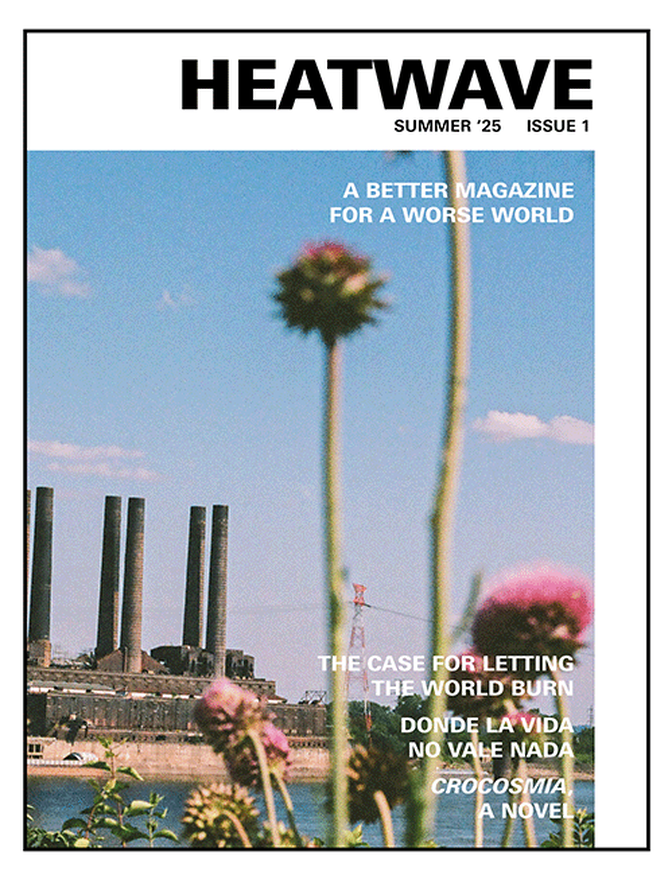
*Heatwave is a multi-media project dedicated to sharing experiences and strategizing together in preparation for the next round of struggles to break free from the infernal prison of capital. As the world burns and the political horizon grows increasingly grim, we seek to connect comrades around the globe and contribute to building a mass movement powerful enough to incinerate that prison. In its ashes, we will build a world based on the classic principle from each according to their ability, to each according to their need — a life worth living on a thriving planet.
More info on Heatwave and articles in the journal here.
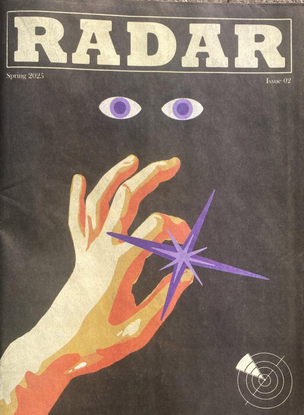
*Radar is a journal based out of the United States. The editors take part in movements and unrest across the country, the hemisphere, and the world. We act decisively from within these struggles, to affect them and to learn from them. Radar seeks to investigate and report on contemporary crises, riots, protest movements, and revolts, primarily in the United States and Western Hemisphere. We will discuss key concepts of modern struggles and the problems they face. We will compare notes on how people organize themselves to topple state power, and reflect on struggles for a life free from exploitation.
More info on Radar and articles in the journal here.
Books:

Why RZH recommends it: Emma Goldman's writing is some of the best out there at distilling anarchist ideas into a form that is approachable and in plain language. She has a knack for how to make anarchism palatable to American readers instilled in rugged individualism, this is part of what made her such a threat to the authorities. The essays are all great, but "Patriotism: a Menace to Liberty" left a huge impression on me as a teenager in the mid-00s looking for a way to articulate their disgust at those who justify their bloodlust in terms of militarism and nationalism.
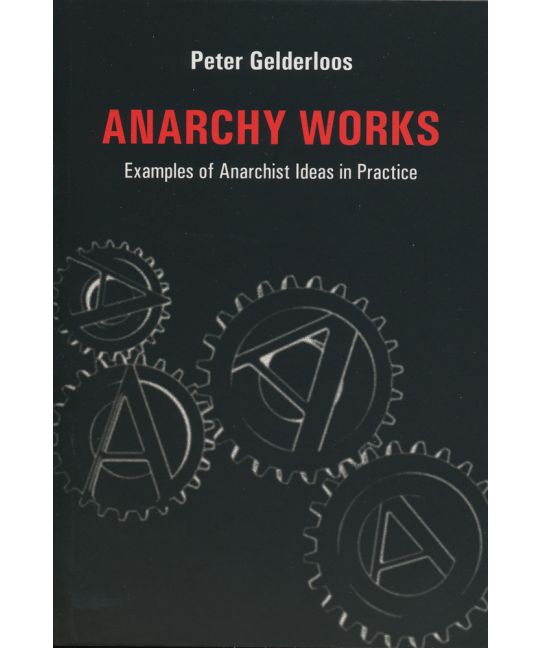
Why RZH recommends it: a book designed for people with questions about anarchism, answering each question about how anarchy might work not with hypotheticals but with real examples, near and far, recent and ancient, from stateless societies and revolutionary movements, opening a window on the rich but intentionally obscured history of anarchy in practice.
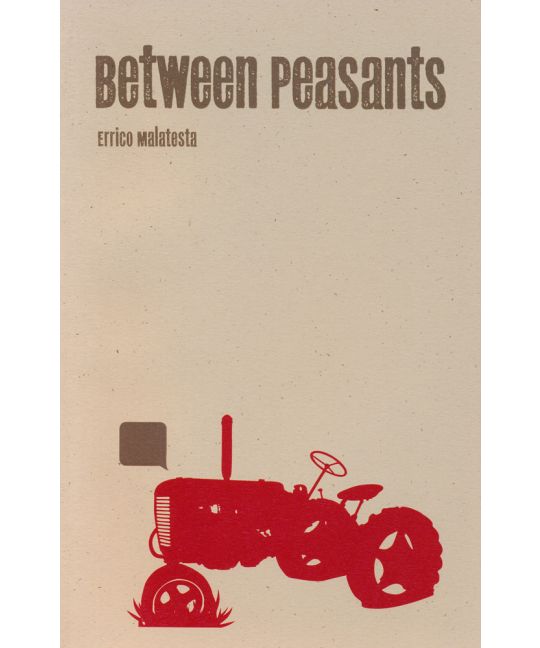
Why RZH recommends it: Written as a dialog, Malatesta's Between Peasents is a modest work of anarchist propaganda. Despite its age, it still serves as an approachable entry into anarchist thought for the unpretentious reader.
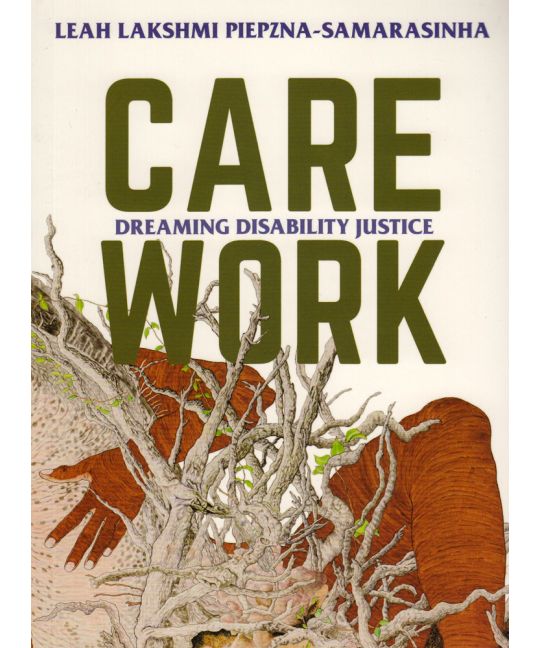
Why RZH recommends it: Leah is one of my favorite voice in the disability justice world. In CARE WORK they illuminate the failures of our healthcare system, the complexities of living in disabled bodies, and the joys and hardships of taking care of one another. This is a nuanced, thoughtful reflection and also in many ways a practical guide on how we can all do better to "take care of us."
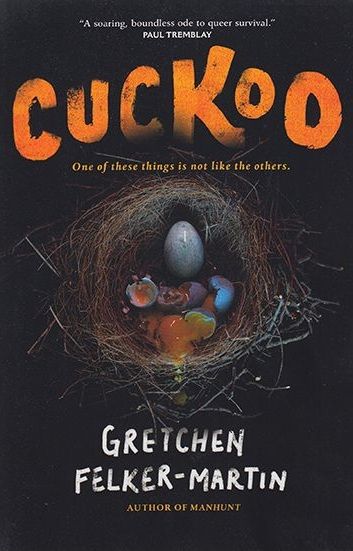
Why RZH Recommends it: A group of queer kids sent to a conversion camp, the creature-feature disaster that follows, and then what happens when they return 16 years later. it's equal parts disgusting and hopeful and also very violent 🙌
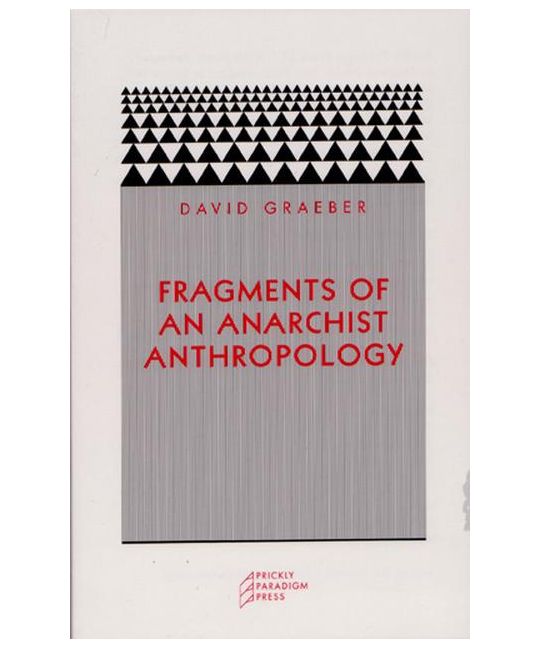
Why RZH recommends it: Fragments of an anarchist anthropology, exceptionally readable despite its title, offers exactly what one might expect, an anarchist anthropology. Or, more exactly, the beginnings of one. To be honest, I don't recall exactly what I liked about this book, only that after discovering it, I made everyone within shouting distance read it. Where my memory fails, my conviction remains, READ IT.

Why RZH recommends it: A compelling and sobering first-hand experience of an international volunter in one of the great experiments in human freedom of the 20th century, the Spanish Revolution/Civil War. George Orwell volunteered to be part of a Trotskyist militia that fought alongside the anarchists in Catalonia to defend themselves against the fascist military and were ultimately betrayed by the Stalinists, who were more interested in enforcing their monopoly on the concepts of "revolution" and "socialism" than defeating the forces of oppression. While they did not succeed in the long-term and had shortcomings, the people involved in the revolution are our philosophical ancestors and they provided us the gift of an (albeit short-lived) actual stateless and classless society on a larger scale, or at least strived to build and defend one.
"There was much in it that I did not understand, in some ways I did not even like it, but I recognized it immediately as a state of affairs worth fighting for."

Why RZH recommends it: The fact that we relate to one another through money is dragging us towards extinction. John Holloway brings hope to revolutionary movements through the abolition of money, value and ultimately capitalism. Holloway's latest reads well alongside Michael Heinrich's Introduction book and ultimately towards a world beyond markets and state planning.

Why RZH recommends it: Michael Heinrich's short guide covers all 3 volumes of Capital. It highlights the strengths and weaknesses of Marx's critique and takes these critiques towards a society beyond the commodity, money, and the state. *Comes with a study guide developed by your own Rhizome House community! You can also check out the study guide here.

With Islamophobia rampant and Donald Trump claiming that New York City, Portland and Seattle are "anarchist" cities after protests in 2020 (lol), clarification about what Islam and Anarchy actually stand for is needed. Read this book to understand.
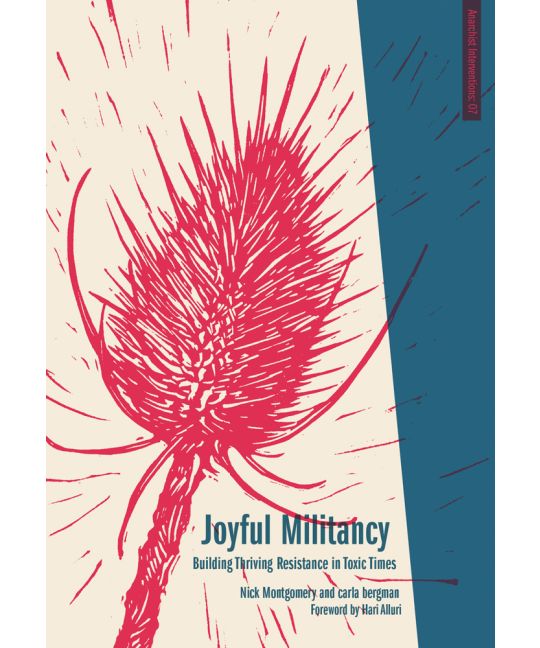
Why RZH recommends it: An absolute delicious book for theory nerds who want the high-in-the-clouds ideas to matter on the ground. Bergman and Montgomery offer a window of how we might hold both sorrow and rage alongside hope and joy, all the while maintaining a commitment to militant (broadly defined) resistance.
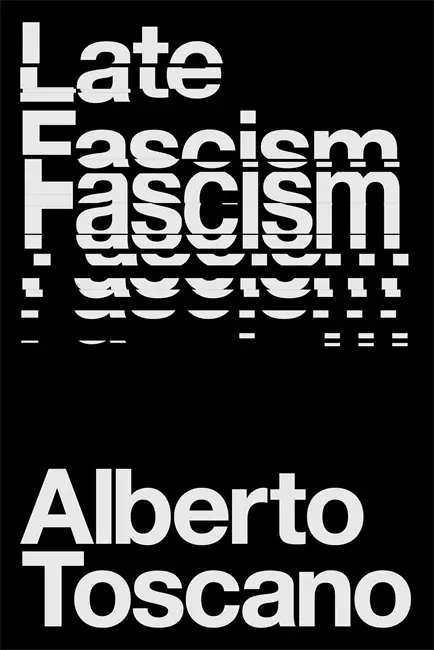
Why RZH Recommends it: So far enjoyed reading it and finding analyses of characteristics of modern day fascism. I often find my self stopping and saying, '...oh wow that totally makes sense' while reading it.

Why RZH recommends it: In a highly accessible, smart, and engaging little read, Dean Spade takes the best of self-help, removes the really shitty aspects of it (the racism, classism, ableism, the neoliberal bootstrapism), and encourages us “to do work simultaneously both inside ourselves and against our oppressors.” Spade addresses so many common patterns and familiar experiences: trying to numb alienation through romantic (or other) highs; putting unfair expectations on an individual partner; letting childhood trauma hijack our nervous systems in romantic, friend, and movement relationships; putting blame on people or groups without asking how we contributed to a particular dynamic; and so on. Spade’s background in prison abolition and transformative justice spaces is evident in how much compassion he brings to his advice—-he refuses to do the neolib self-help thing of blaming individuals, insists on illuminating the context for why people do things that are out of alignment with their values, and also says we have responsibility to reduce the harm we bring to our relationships and communities. Love in a Fucked Up World… offers practical tools for learning to stop hurting each other. Essential work!
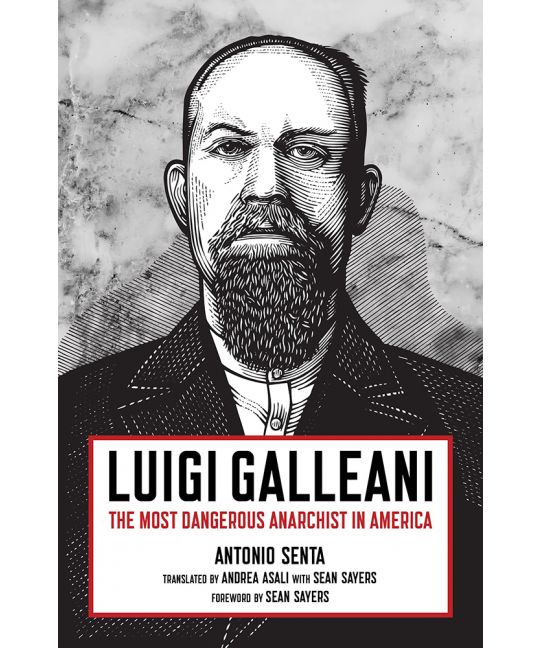
Why RZH recommends it: Much of the history of anarchism, as told in history books, has been the history of mass movements operating through mass action. The Galleanisti had a very different idea. They focused on attacking people and places that either had symbolic value or operational utility, worked on antagonizing revolt here and now (rather than waiting for some "right moment"), and was the most dangerous and effective (yet often least well known) faction of anarchists in early 20th Century America. Galleani's politics play a bridge between the anarchism that was prevalent in Italy in the late 19th and early 20th Century and the insurrectionist tendencies within anarchism that we see today.
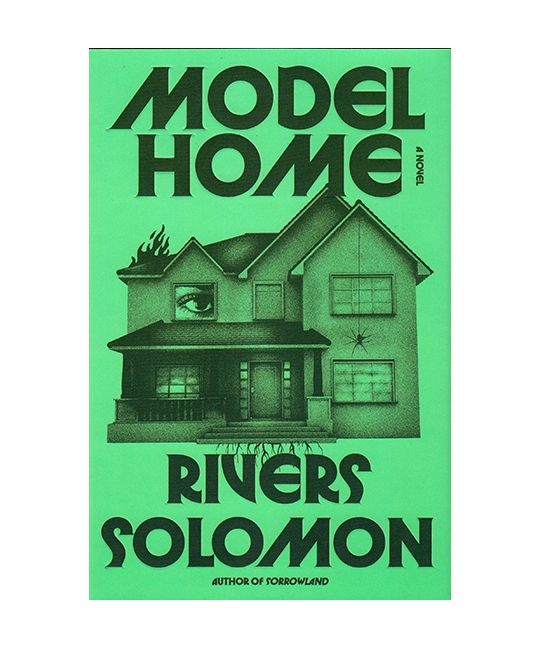
Why RZH recommends it: Generational trauma as a haunted house.
Systemic racism as a haunting.
Grief as a portal.
Blackness & queerness as healing.
Rivers Solomon captivates with fae's newest work *_Model Home_*. A psychological thriller on the surface, Solomon confronts society's darkest ills-- anti-Blackness, capitalism, ableism, homophobia, transphobia-- and explores the imperfect ways we survive it together...or don't. Fae Solomon is one of my favorite contemporary speculative and literary fiction anarchist writers, centering Black anarchism and New Materialism throughout fae's writing.
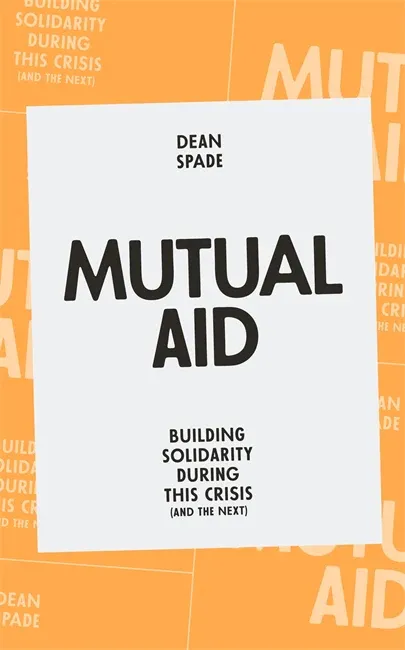
Why RZH recommends it: Dean Spade offers a clear and concise overview of the concept of mutual aid, with attention to it's radical roots, insisting that we must not let it get co-opted by nonprofits or the state. With clear examples from weather disasters, the pandemic, and more, Spade illustrates the many ways we are already showing up for one another, and reiterates the importance of keeping this collective work non-hierarchical and for everyone.
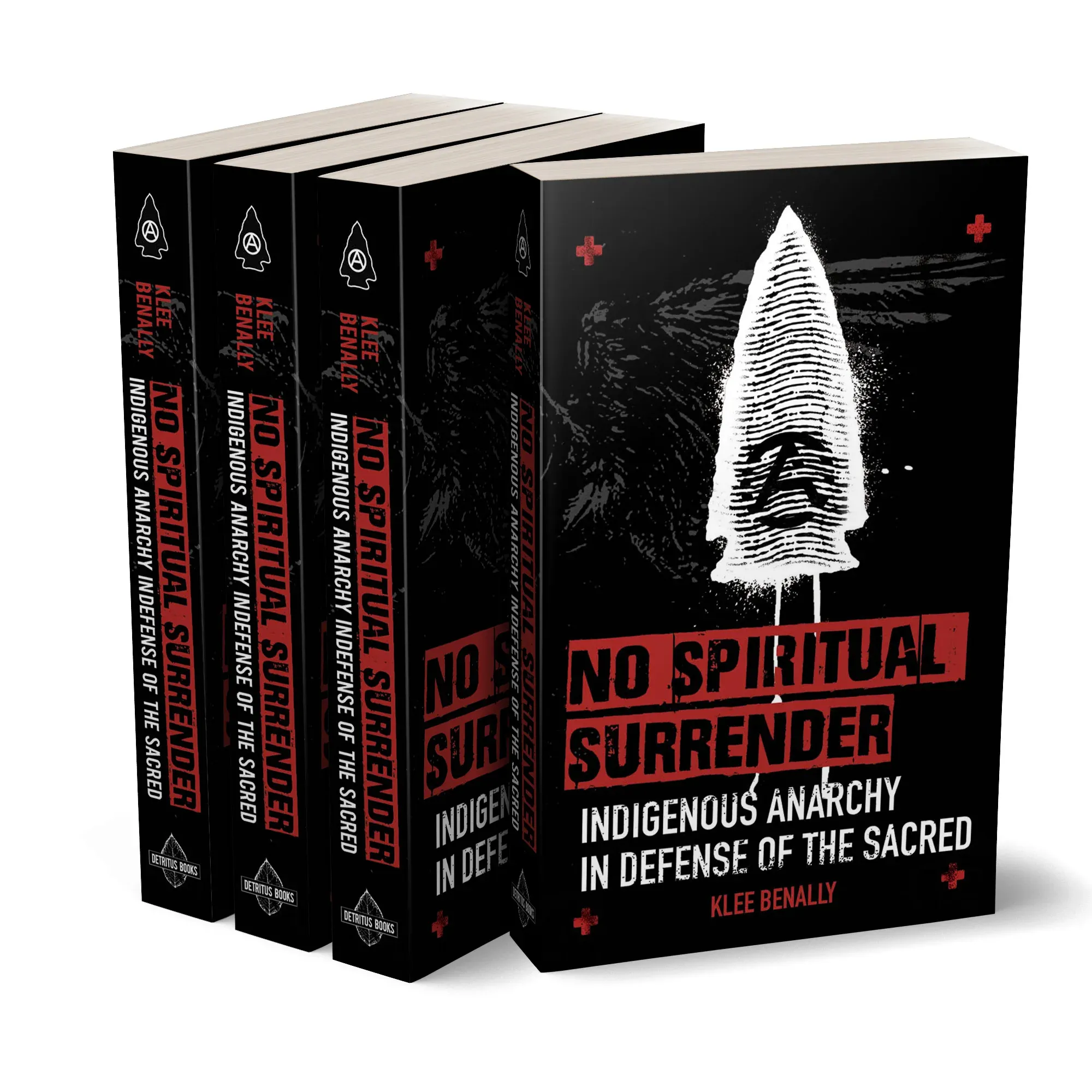
Why RZH recommends it: Klee Bennaly writes from the forefront of anticolonial movements in Turtle Island, discussing the affinities between anarchism and the resistance of traditionally stateless societies, the difficulties of subverting authoritarian structures imposed or strengthened through colonialism, and the importance of a spiritual connection with the land and all living beings.
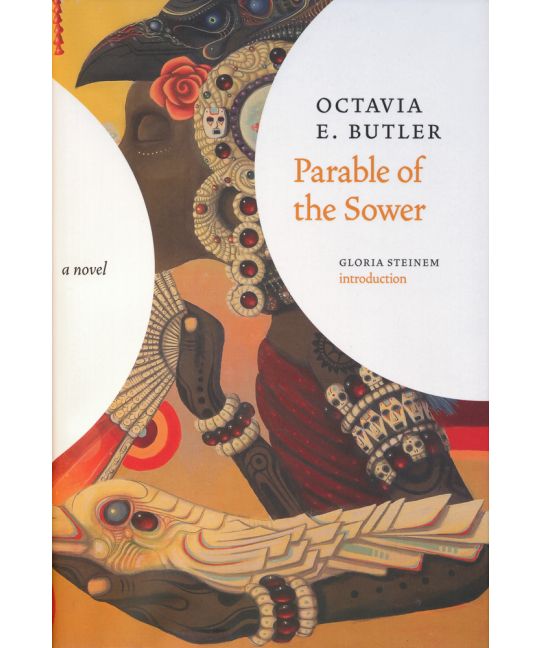
Why RZH recommends it: Haunting story of brutally realistic slow apocalypse and one girl’s journey of survival.

Why RZH recommends it: Capitalism cannot sustain itself without social reproduction. This essay collection helps shed light on social reproduction under modern capitalism, extending the concept beyond its original scope in 1970s Marxist feminism. This book is a great introduction to social reproduction theory, and it can help us understand why/how to collectivize care work as part of the fight against capitalism.

Why RZH recommends it: Society of the Spectacle is one of the foundational books in the shift from traditional politics, grounded in generalizations and systems analysis, to what I would consider a more contemporary political mode, focusing on power dynamics, logistics, and operations politically. In many ways it foreshadowed a lot of post-structuralism, and is a text that still finds expression clearly in the work of not only people like Jean Baudrillard, but also Crimethinc.

Why RZH recommends it: A short, sweet primer about the necessity for youth liberation. Adults need to see children not as people-in-making, but as full people. This includes examining the ways that adults can take collective responsibility for childcare, as well as work in solidarity with young people in struggles for liberation

Why RZH recommends it: William C. Anderson is renewing the tradition of Black anarchism, making sure it remains most of the most relevant perspectives on social struggle in North America and globally.

Why RZH recommends it: It offers an anarchist theory of the state that I have found useful. He does a good job of situating himself relative to broader academic discourses on the state, and I’ve found it helpful in thinking about the state in a concrete manner, rather than just some as some muddled, shadowy thing menacing us.

Why RZH recommends it: the mainstream response to the climate crisis has only accomplished one thing:. making tons of money for those who already have more than they could ever spend. It is based on a series of lies and delusions, and it excludes the real work being done, from a place of solidarity, intersectionality, and survival. This book offers an anticolonial approach to the ecological crisis.

Why RZH recommends it: It’s less explicitly anarchist, but it’s radical enough for our purposes, I think. It’s interesting and fun, and the sociological and political analysis is quite good. I think it would go over well with folks in the space.

Why RZH recommends it: Long-time organizer Mariame Kaba writes how we can practice transformative justice in our communities now and grow the movement for abolition. This collection of essays and interviews shares many lived experiences and teaches us that "hope is a discipline" - much needed in our movements. This pairs well with John Holloway's book Hope in Hopeless Times.
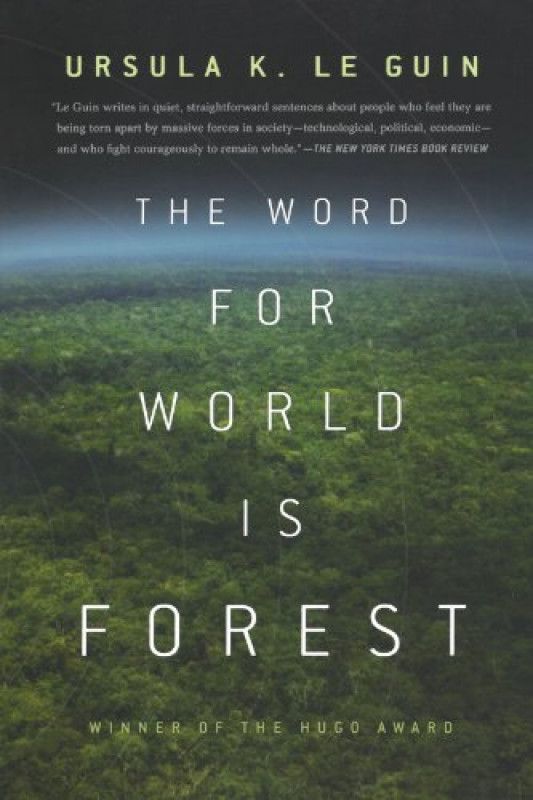
Why RZH recommends it: Ursula K. LeGuin, perpetual matriarch of anarchist speculative fiction, weaves a story of anti-colonial resistance to imperialism and ecocide in The Word for World is Forest. Ursula explores the line between revolution and revenge, and treats armed resistance with all the nuance and complexity of a feminist and anti-imperialist witnessing the Vietnam War--all of which rings especially resonant in the wake of the escalated genocide in Gaza. With expert world building, deft prose and a surprise Cleveland shout-out, this (intense) novella is a welcome companion for anyone seeking catharsis in these times.

Why RZH recommends it: You or Someone You Love is a compassionate and comprehensive reflection on the scope and roles and work of abortion doulas, from funding to transportation to emotional and physical support. With stories and interviews from abortion seekers and abortion workers, including in the aftermath of the Dobbs decision, this book is an essential read for anyone looking to learn more about reproductive justice and, really, anyone that can become pregnant or who loves someone that can.
Page last updated 1/2026